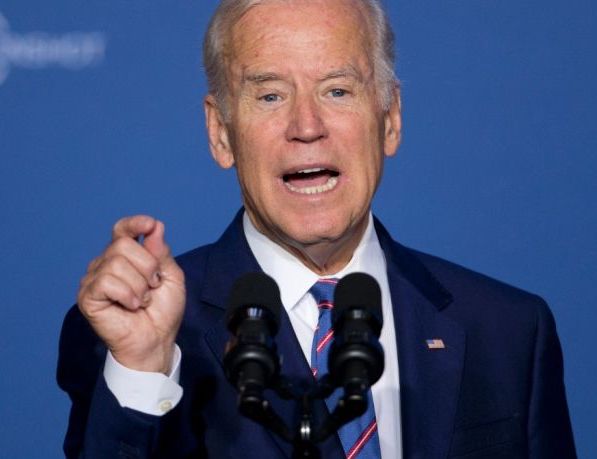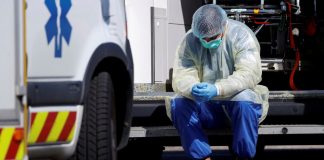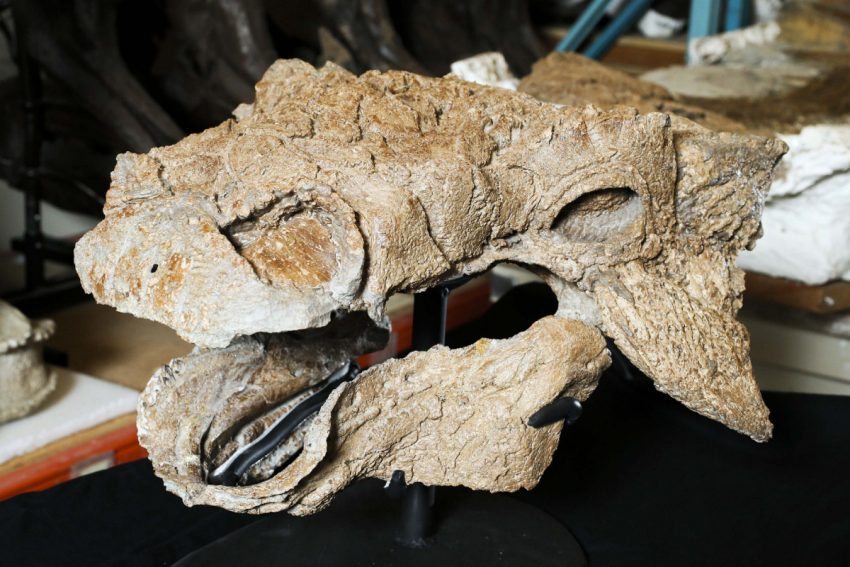Vice President Joe Biden said a strategic plan is in place to transform cancer research and care. He updated President Barack Obama and the public about the administration’s Cancer Moonshot initiative on Monday.
Biden and his wife, Jill, have met with thousands of experts and patient advocates, they explain in a 17-page strategic plan submitted to President Barack Obama, who asked Biden in January to lead the effort. “We sought to better understand and break down the silos and stovepipes that prevent sharing of information and impede advances in cancer research and treatment, while building a focused and coordinated effort at home and abroad,” they explain.
The Bidens’ wish list ranges from giving patients more control over their medical data to launching “a national conversation” about cancer drug pricing. They also want to see more high-risk research funding at NCI and changes to the institute’s intramural research program to focus more on emerging science and major public health challenges.
An accompanying 29-page report from Biden’s federal moonshot task force lists what agencies have done so far and their plans to address five strategic goals. The first goal, “catalyze new scientific breakthroughs,” contains several items that “align with” the 10 research areas recommended last month by an NCI blue ribbon panel, the report says. For example, it describes Department of Defense (DOD) efforts to develop new imaging technologies for detecting early molecular changes in cells that may lead to cancer.
A second goal, “unleash the power of data,” lauds NCI’s Genomic Data Commons launched this year, which is collecting cancer research data from many patients in a single database. A new effort by DOD, NCI, and the Department of Veterans Affairs will profile gene and protein expression in thousands of individuals’ tumors.
A third goal, to bring new therapies to patients, consists of several projects to improve clinical trials and boost enrollment. NCI is making its database of cancer trials more patient-friendly, for instance. The task force also wants to expand a type of trial that tests different drugs in separate arms against the same control group, which they say is more efficient than running a control group for each drug. Other goals include wider use of the human papillomavirus vaccine to prevent certain cancers and expanding education for underserved groups about cancer screening and clinical trials.
Biden will talk about his plan this afternoon at the White House before attending an event featuring several cancer research and advocacy leaders.
Although cancer researchers welcome the two moonshot reports, Congress now needs to come up with new funding to carry out Biden’s vision, says Jon Retzlaff, managing director of science policy and government affairs for the American Association for Cancer Research in Philadelphia, Pennsylvania. “There’s been a tremendous amount of excitement in the field because of what the vice president has done,” says Retzlaff, who called on next month’s lame-duck session of Congress to boost 2017 spending levels for the participating agencies.
Obama has requested $755 million to carry out the moonshot, including $680 million for NCI. That funding could be folded into the annual appropriations bill to fund the National Institutes of Health or be part of several measures aimed at speeding medical innovation that Congress may take up after the election.
Christopher B. Taub













